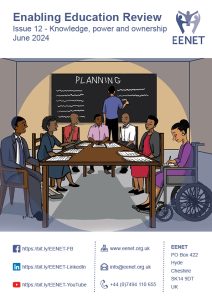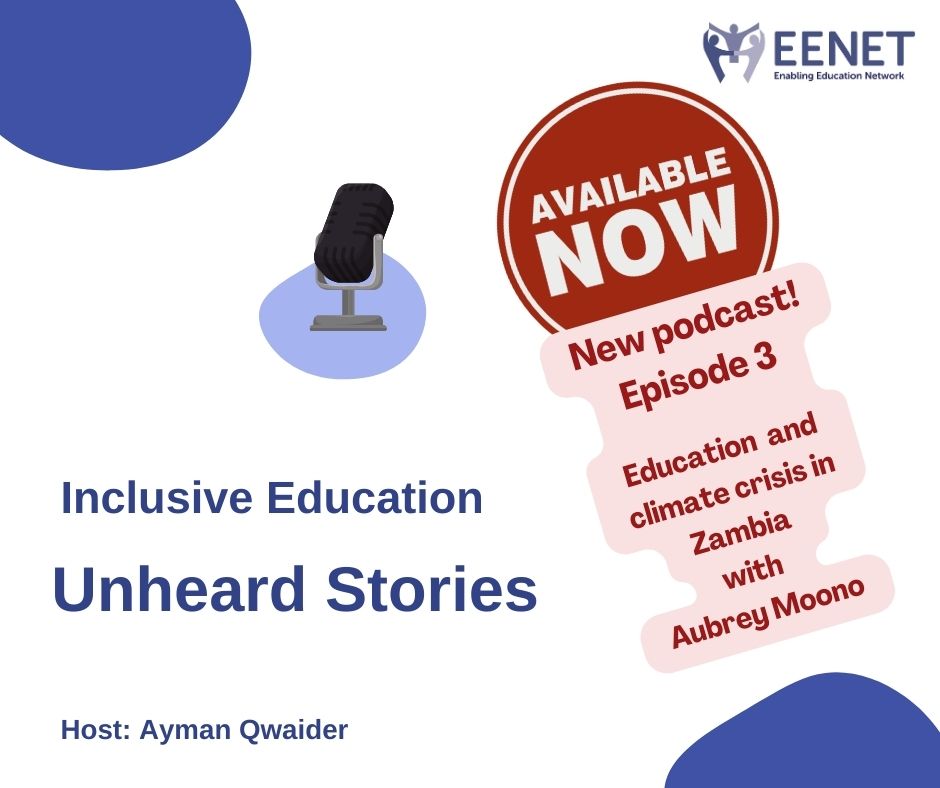Location: remote.
Duration: September 2024 to January 2025.
Application deadline: 26 August 2024.
Read the full terms of reference.
The objective of this consultancy is to assess the contribution of the MEMF in improving girls’ and boys’ life skills and learning outcomes in Burundi and Tanzania. In Burundi only, the evaluation will use a quasi-experimental difference in difference methodology to assess the attribution of the project in improving girls’ and boys’ life skills. This approach will include selected control schools identified at baseline in Burundi. Quantitative and qualitative data should be collected to respond to this question. The evaluation will take into account the initial Baseline Assessment undertaken in 2020, outcome monitoring findings led in 2023 and the recent research on girls’ clubs led in June 2024.


